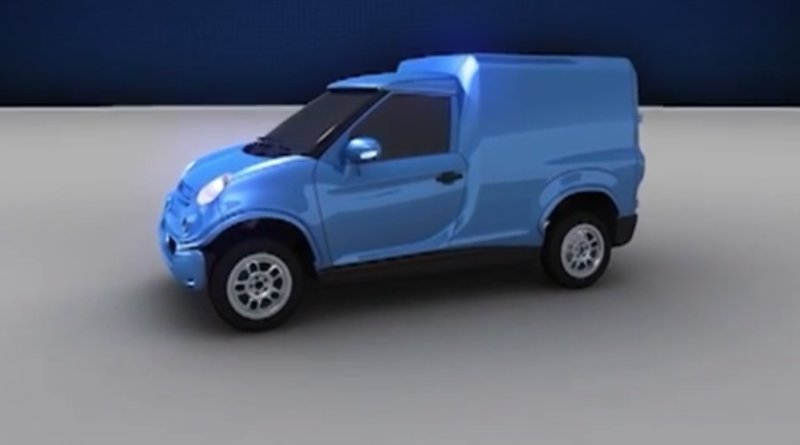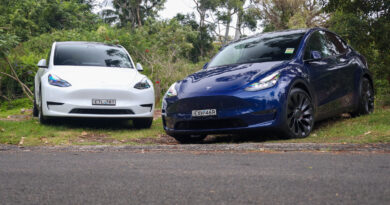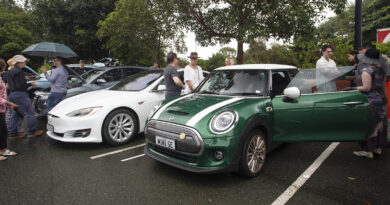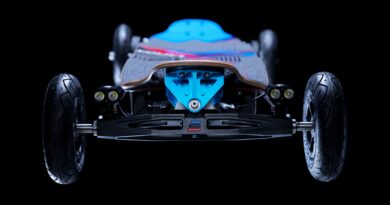Its Ace! Aussie EV pioneer hails $5 million federal grant
The founder of an Aussie electric vehicle start-up believes a $5 million grant from the federal government is a sign the tide is turning on EV acceptance.
Adelaide-based ACE EV has been awarded the funding by the energy and resources minister Angus Taylor after lobbying by South Australian independent senator Rex Patrick.
Want the latest EV news and reviews delivered to your inbox?Subscribe to our weekly newsletter!
The ad hoc grant was announced in Tuesday’s night budget but wasn’t linked to ACE EV at that time.
“That $5 million is a pivot and shows there is a change in sentiment here in Australia,” said Greg McGarvie, who founded the company in 2016.
“It gives us a bit of encouragement. Someone else thinks what we are doing is worthwhile. We know it is because it is the future.
“My focus is getting something built and developed that is good for the next generation and pivots Australia into an era of smart manufacturing.”
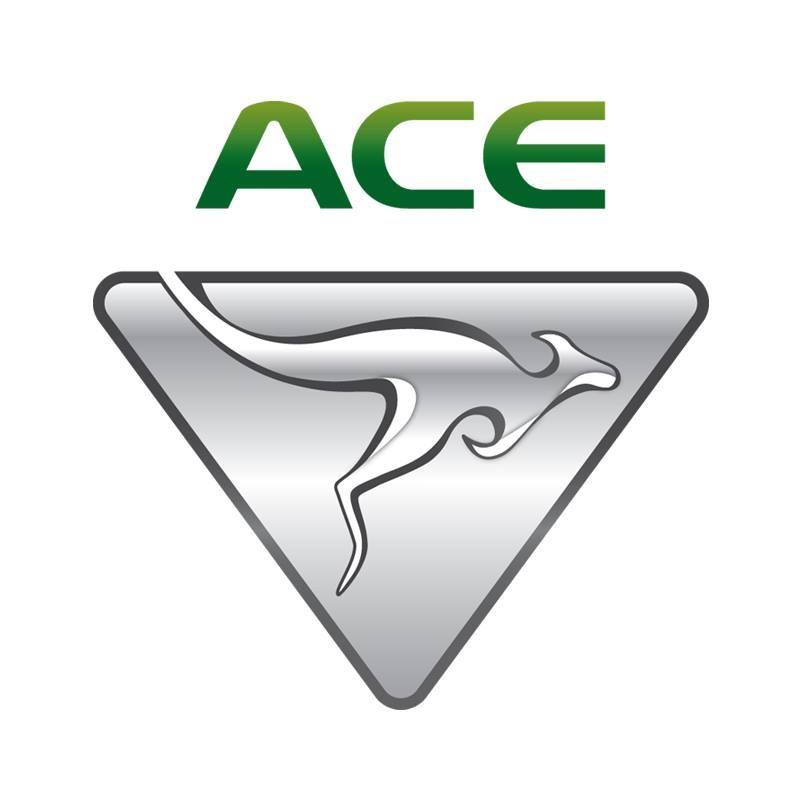
McGarvie said the federal government’s investment would also encourage the offshore investors who are backing ACE EV.
“It shows the government is starting to get serious,” he said.
ACE EV – or Australian Clean Energy Electric Vehicles – plans to launch with two models, the Cargo light van and Yewt ute in October 2021 and follow up with the Urban passenger car in 2022.
ACE EV’s model line-up has been designed in Germany and Taiwan. Based around a modular carbon-fibre chassis that takes only 18 hours to assemble, the vehicles will be built in Adelaide by Aldom Electric Vehicle Manufacturing.
At the moment all models feature a 30kWh lithium-ion battery pack, 18kW e-motor and a range up to 180km. As-yet unspecified drivetrain upgrades are coming before production commences.
Pricing is forecast to start somewhere around $40,000. Vehicles are available to reserve now.
ACE EV hopes to eventually build up to 20,000 examples per year and also export its technology.
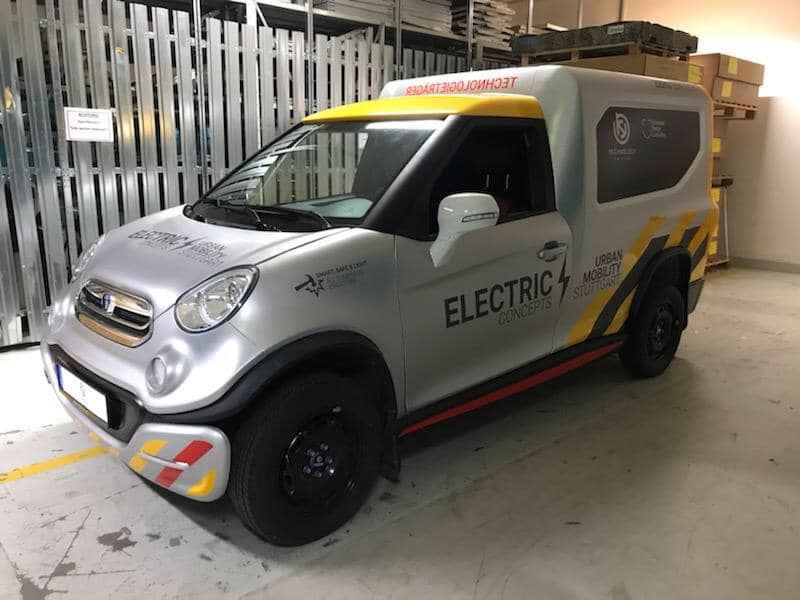
“We are in quite advanced discussion with a number of different countries and they are looking at adopting what we call our assembly pod,” said McGarvie
“In effect that would mean we would fly some of their technicians out to Australia, they would work on our production line and understand the culture and technology.
“We would help them with the design and set-up of their assembly plant and then they have a pop-up auto industry in a country that may not be able to afford an auto industry.”
The $5 million will be primarily spent on a bi-directional vehicle to grid recharging trial. It starts early in 2021 and has a couple of unique elements. Firstly, it is for AC not DC electricity and the vehicle will have an onboard charger and meter.
Up to 40 ACE Cargos and Yewts will be built as part of the trial
“Effectively it’s like your house on wheels,” McGarvie said. “Our UK partners tell us it’s a global first and we are very excited by it.”
He said partners in Silicon Valley and France were also contributing “smarts” to the project.
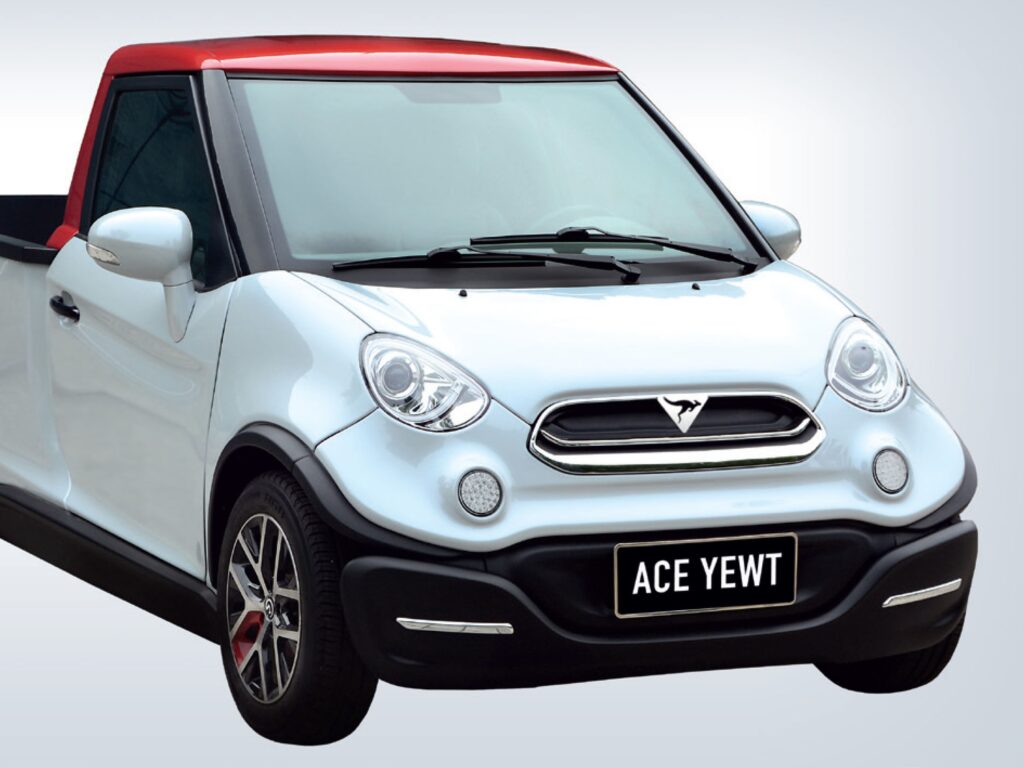
“If we are successful in demonstrating the capabilities of this – and there is a lot of appetite for this in Australia to see it succeed – then it puts Australia up there as a world leader in electric vehicle capabilities,” said McGarvie.
But he admits the $5 million is just a drop in the ocean compared to the $20 million ACE EV plans to spend on a development centre and $295 million it estimates an assembly plant in the Adelaide suburbs will cost.
ACE EV is also commencing an autonomous vehicle trial with the Melbourne artificial intelligence solutions provider SenSen Networks.
That deal was announced last month.

